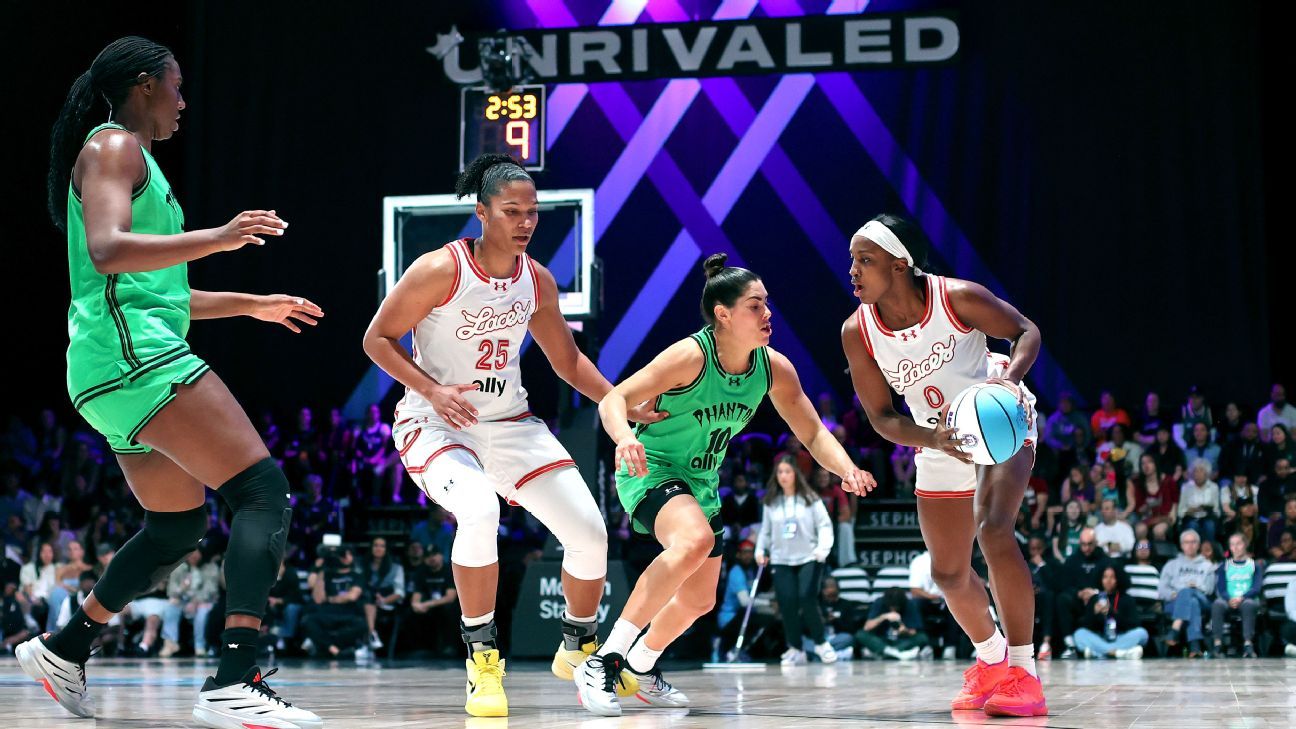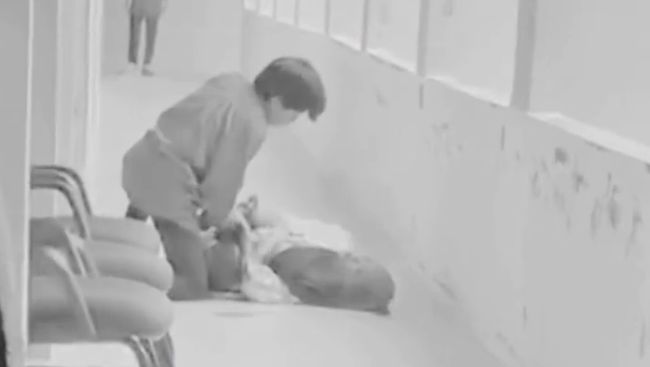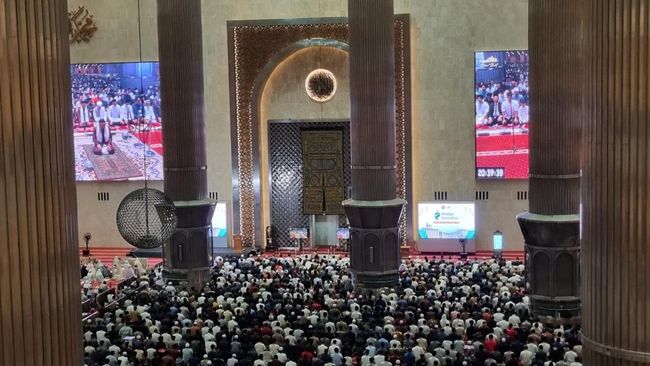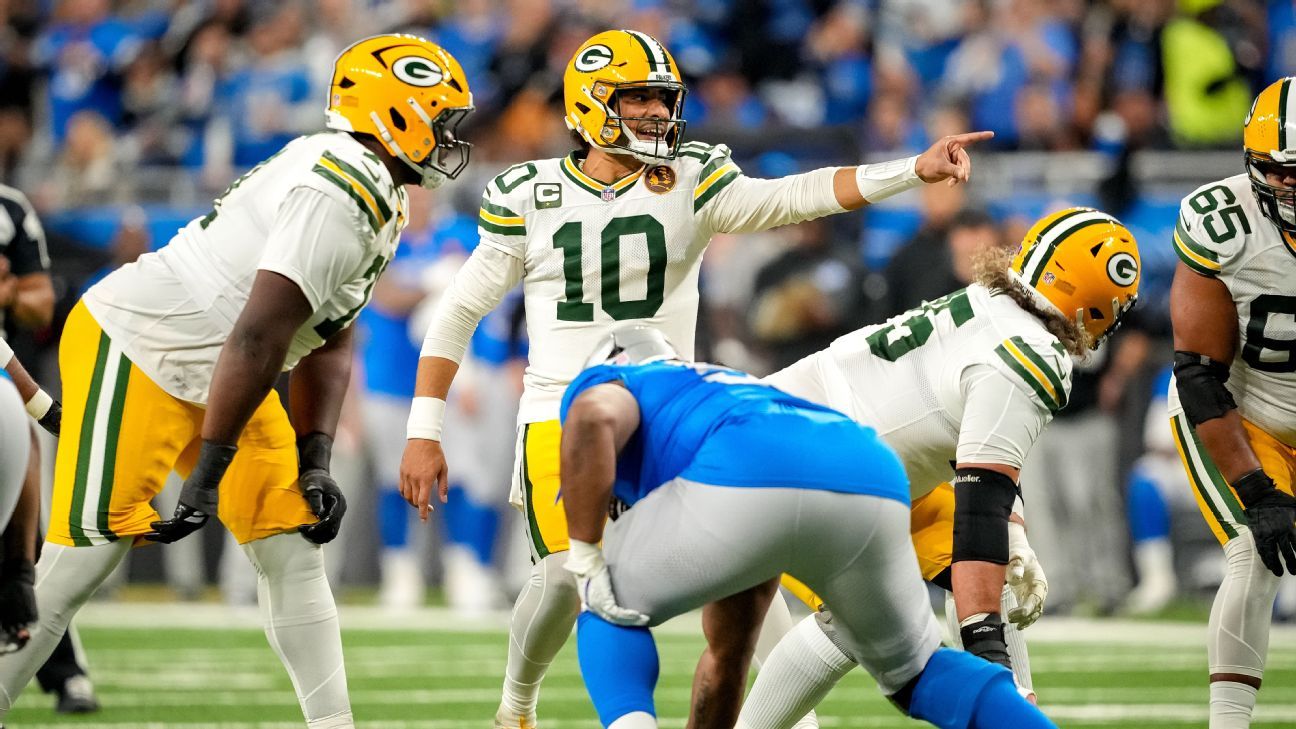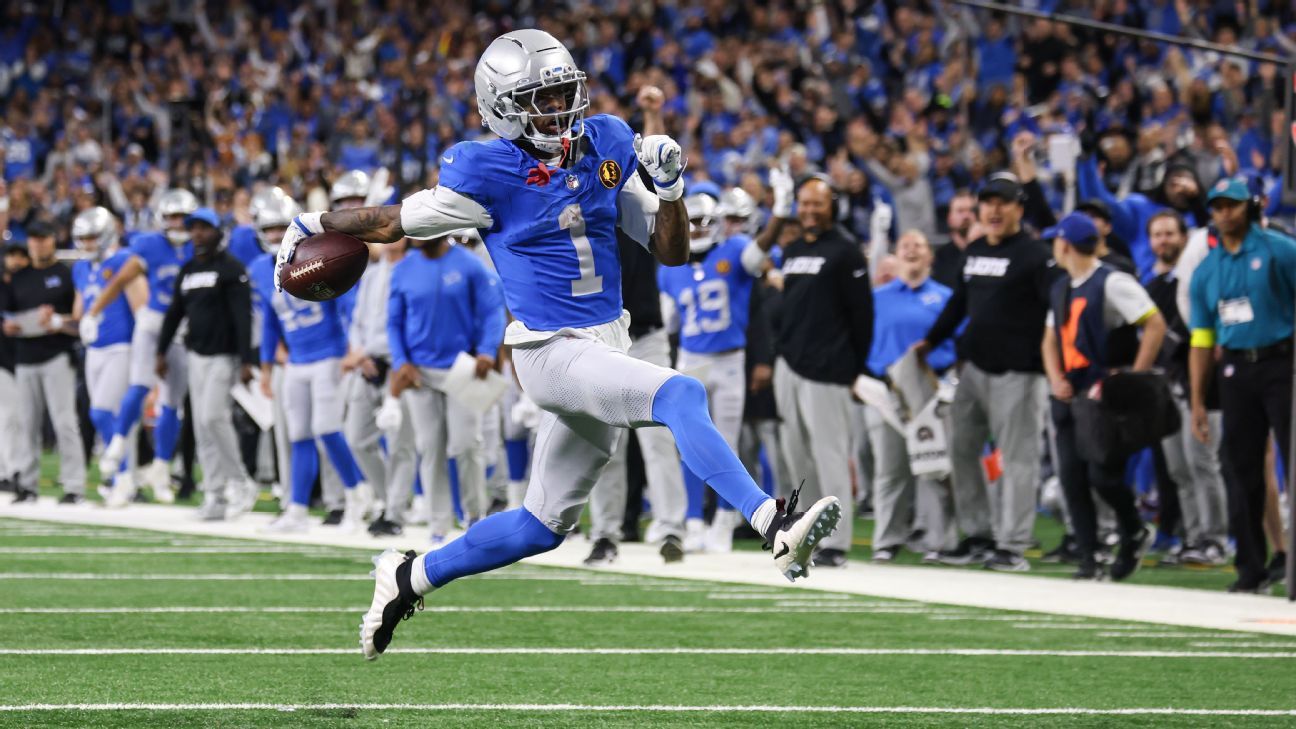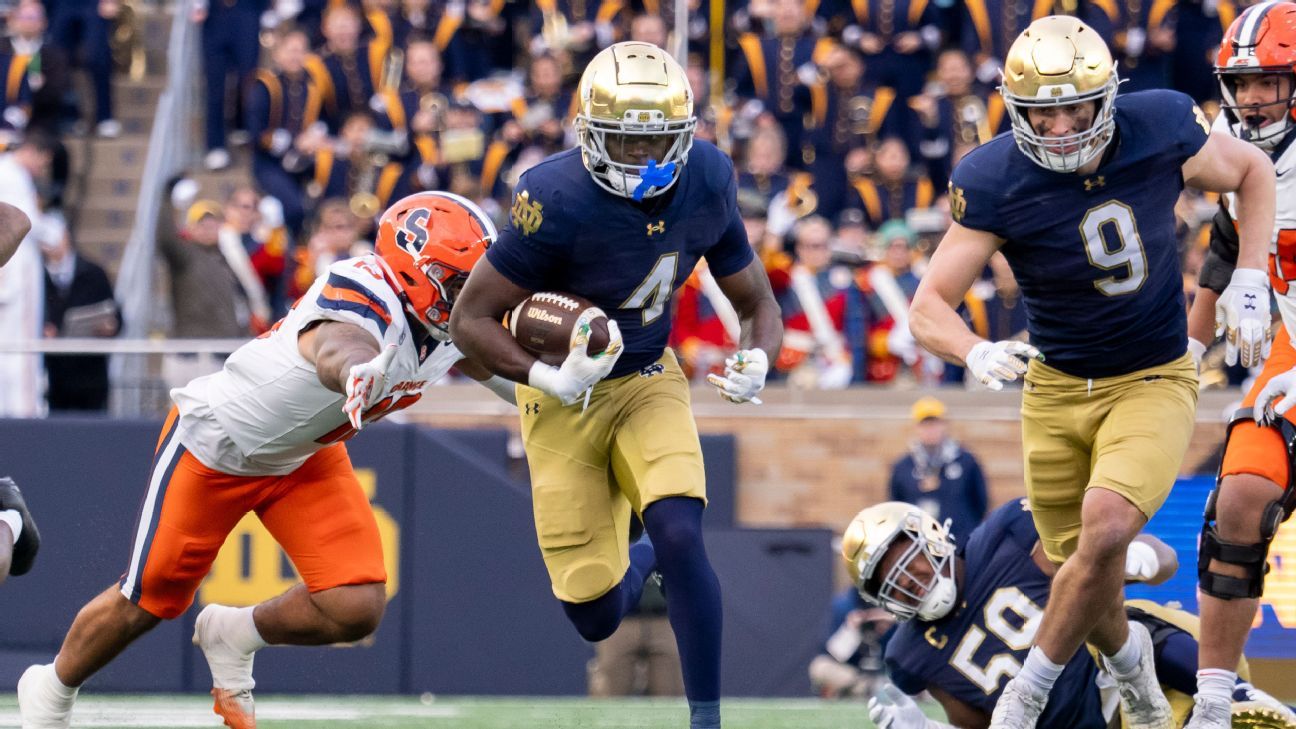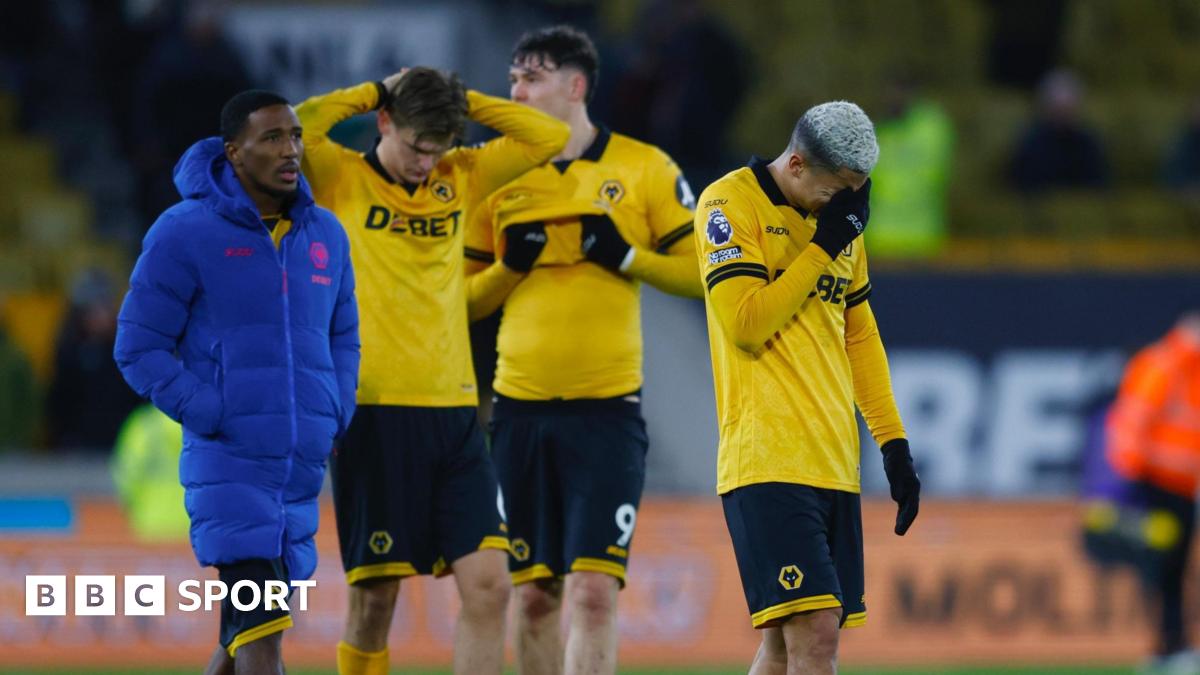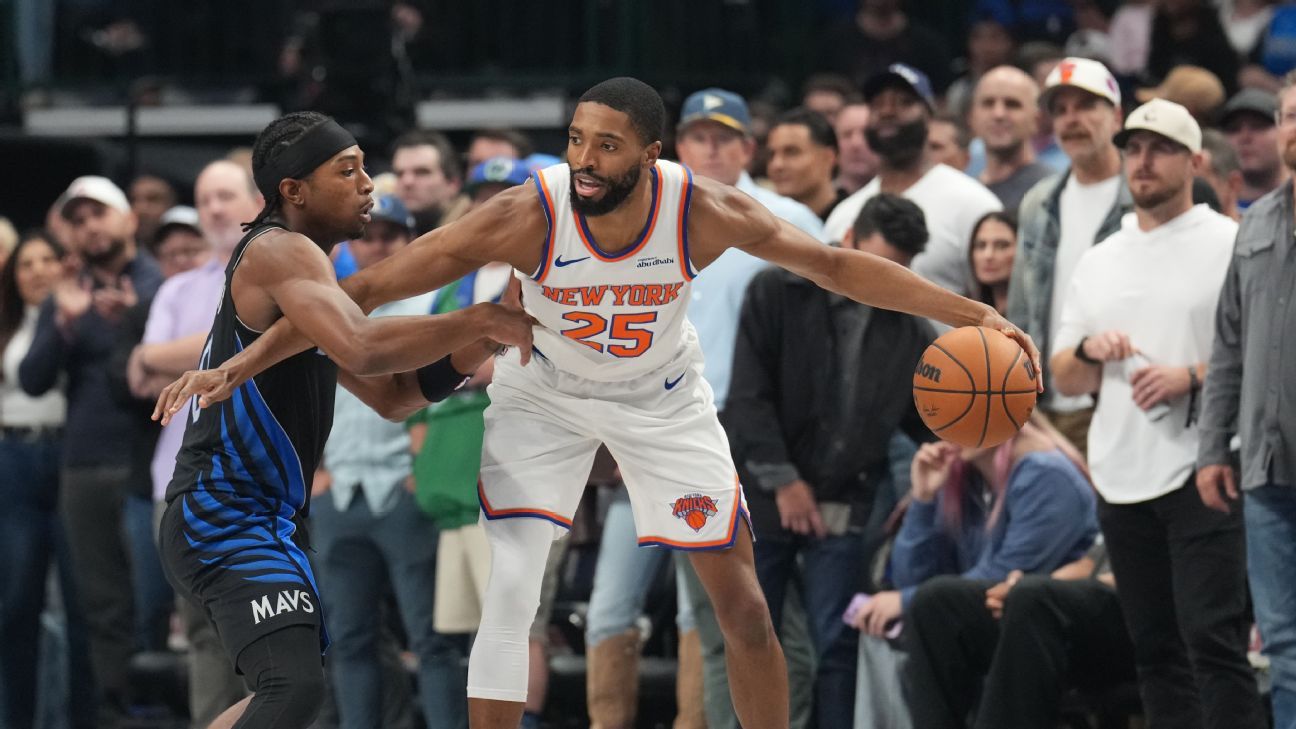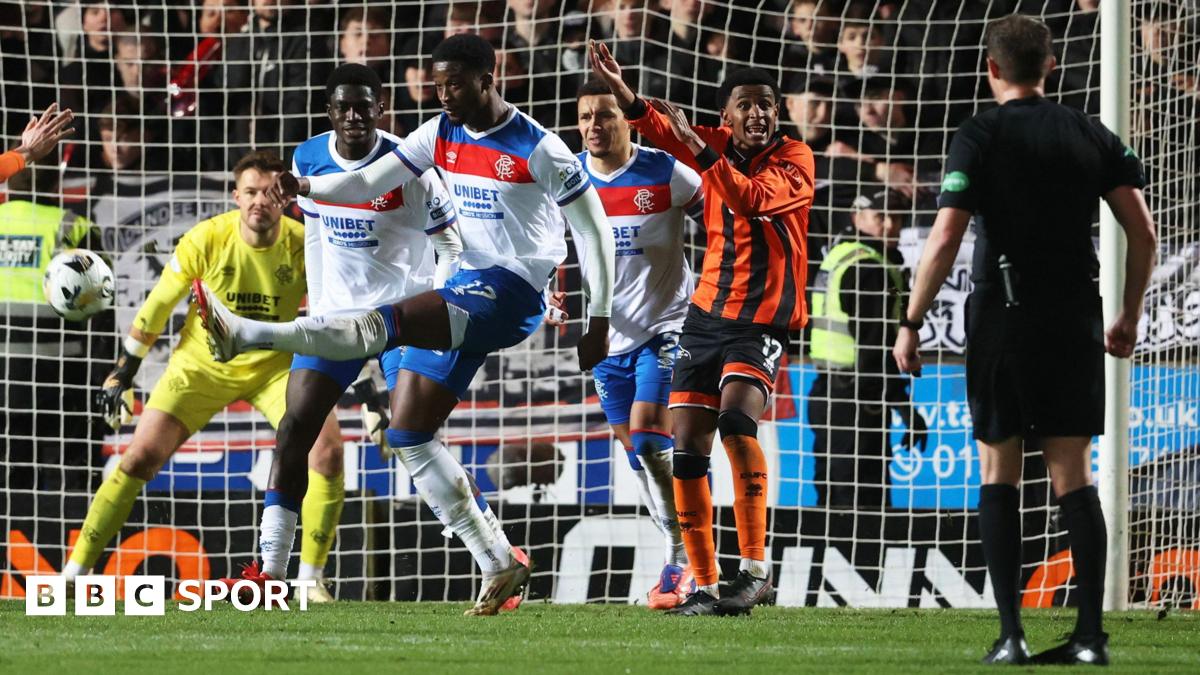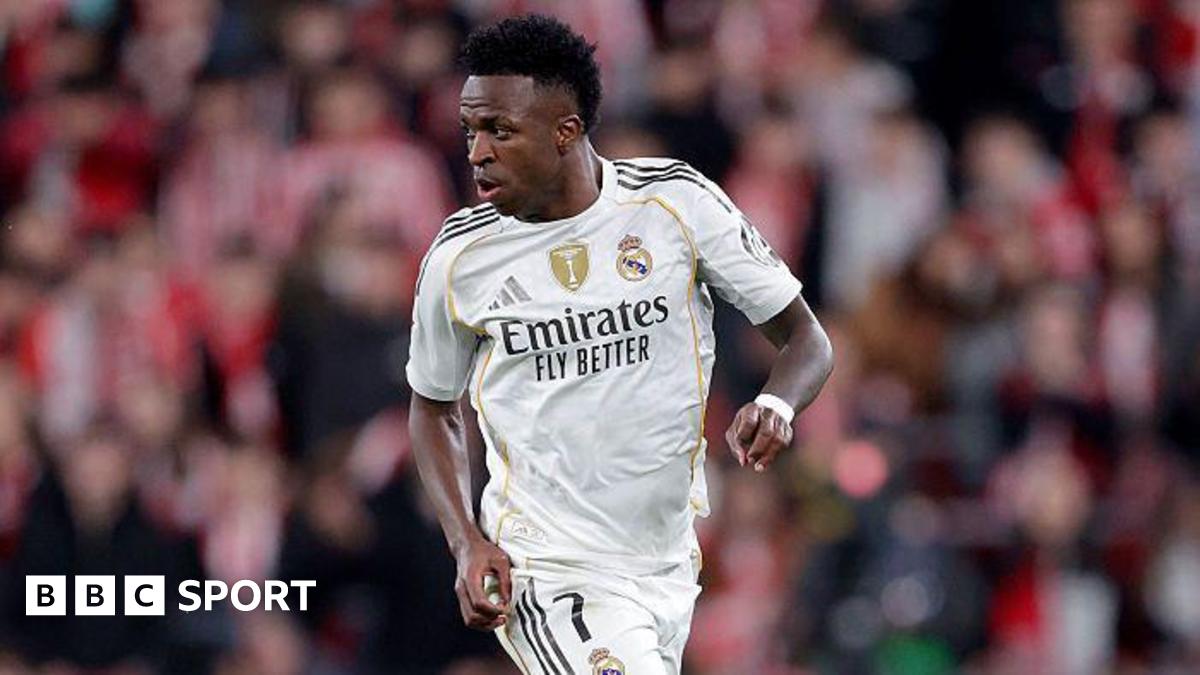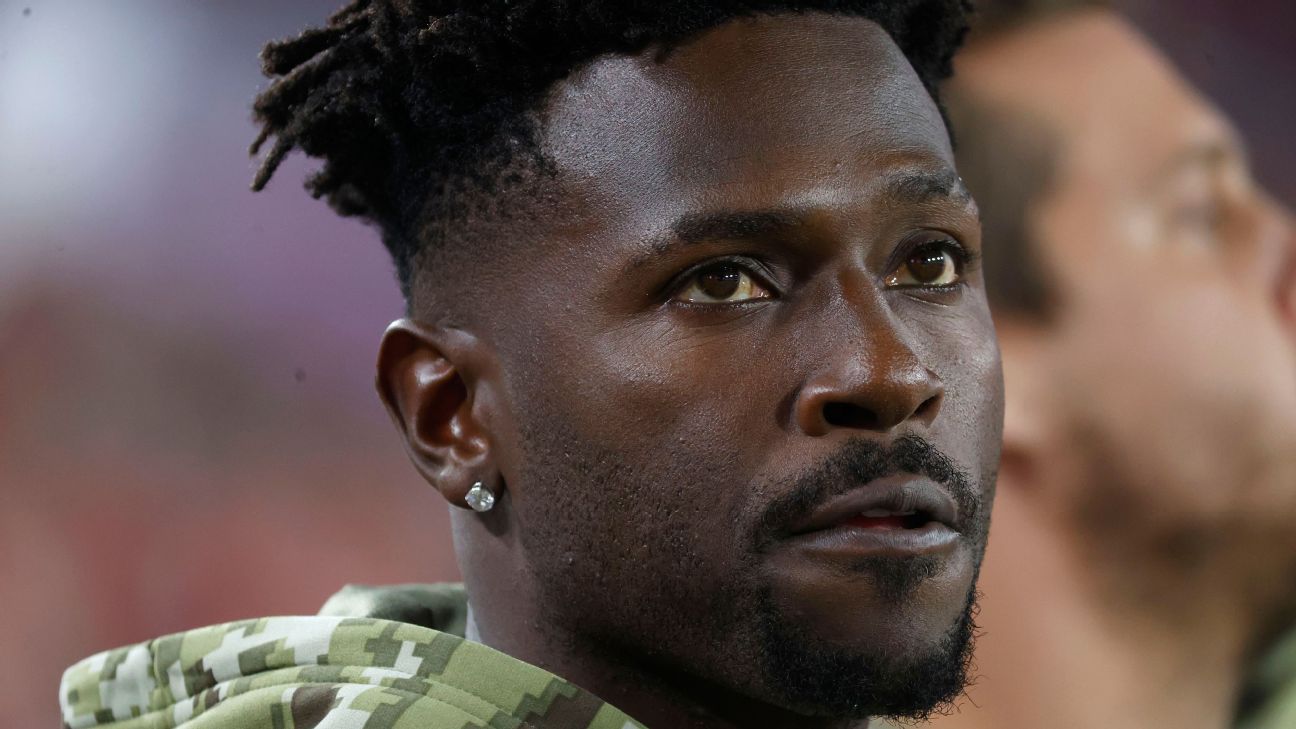
Andreas HaleNov 25, 2025, 09:05 AM ET
- Andreas Hale is a combat sports reporter at ESPN. Andreas covers MMA, boxing and pro wrestling. In Andreas' free time, he plays video games, obsesses over music and is a White Sox and 49ers fan. He is also a host for Sirius XM's Fight Nation. Before joining ESPN, Andreas was a senior writer at DAZN and Sporting News. He started his career as a music journalist for outlets including HipHopDX, The Grammys and Jay-Z's Life+Times. He is also an NAACP Image Award-nominated filmmaker as a producer for the animated short film "Bridges" in 2024.
BEFORE HE WAS widely regarded as one of the greatest professional wrestlers of all time, John Cena was foundering in the business.
He struggled to connect with the wrestling audience despite being identified as the future of WWE during the mid-2000s. Expecting to be released from WWE, Cena had one last hurrah at trying to stand out as a personality and found it on a bus during a European tour when other wrestlers were freestyling. Cena joined in. His freestyle left his colleagues in awe and helped give birth to a new character: "The Doctor of Thuganomics."
The persona breathed life into Cena's wrestling career, catapulting him to stardom. But his freestyling on WWE "SmackDown" wasn't just a gimmick; it was a byproduct of who Cena was before wearing the jorts and throwback jerseys.
"He was a kid that liked to rap, and then he became a wrestler," longtime friend and rapper Esoteric (aka Seamus Ryan) told ESPN.
Those freestyles eventually turned into the full-length album "You Can't See Me," which was released May 10, 2005. The album blended Cena's penchant for witty punchlines with gritty underground production. It debuted at No. 15 on the Billboard 200 and spawned Cena's entrance theme, "The Time Is Now," which he still uses 20 years later as he approaches his retirement match Dec. 13.
"His intentions were pure, and when he had the chance to merge the two, he jumped at it," said Ryan, who became friends with Cena when he was in a rap group with the wrestler's cousin, Trademarc, in the mid-1990s. "John's a purist when it comes to hip-hop; he's fluent in Gang Starr, Hieroglyphics, Black Moon, EPMD, Wu [Tang Clan], all the good stuff."
By the time he decided to make an album, Cena was committed to working with underground hip-hop acts he admired. This led to collaborations with lesser-known artists who had cult followings.
"There were a lot of dingbats in the rap game when his album came out, and he probably could have worked with any of them," Ryan said. By "dingbats," Ryan is referring to popular artists on the radio. "Instead, he chose Bumpy Knuckles, one of the most legit MCs of all time. That should tell you everything you need to know."
Bumpy Knuckles, whose real name is James Campbell, has long been recognized as one of the most authentic and highly respected figures in hip-hop, with a career spanning multiple decades and collaborations with hip-hop icons that include KRS-One, Queen Latifah, Gang Starr and others. The New York rapper/producer recalled meeting Cena in the green room before the wrestler appeared on New York's Hot 97 radio station with host Sway Calloway. At the time, Cena's new WWE persona had just started to take off, but Campbell didn't know him.
"He was supposed to rap [on the show], and they wanted me to judge his lyrics," Campbell told ESPN. "I was actually pleasantly surprised at his timing because there's a lot of MCs that rap, but timing is very important. John had a timing that made me realize, I think this guy might be better than I thought."
Campbell rated Cena's rhymes a "4 out of 10" but also said that he could be a 10 if he worked with him. Afterward, the two exchanged numbers and built a relationship, one that carried over into the making of Cena's only album.
Cena had an interesting motivation for making an album. At the time, WWE had stock rap music that Cena didn't find compelling or a proper representation of the music he grew up liking.
"Maybe I can make better music than the stock rap music that they are making for me in Connecticut [WWE headquarters]," Cena said in a 2024 interview with Shannon Sharpe on his "Club Shay Shay" podcast. "At the time, WWE was a rock 'n' roll company. They didn't have any depth of field for hip-hop. I'd listen to my own music and remember being like, 'I can do better than this.'"
And thus, the seeds for "You Can't See Me" were planted.
IN THE EARLY 2000s, producer Jake One was fresh out of college and looking for his big break in music. He had production credits for artists such as 50 Cent's G-Unit and De La Soul, but he was still hoping he could turn his hobby into a career. Despite eventually working with everyone from Drake and Wale to Future and J. Cole, his most recognizable song came from a beat CD that he gave a pro wrestler for his debut rap album.
"I had absolutely no idea who John Cena was," Jake (real name Jacob Dutton) told ESPN. "My manager was playing my beats for everyone, and Cena happened to get a hold of one of my beat CDs. My manager called me and said this dude from the WWE wants to use three of my beats. I didn't take him seriously because a pro wrestler wanting beats from me to rap over just sounded so ridiculous."
The producer from Seattle was paid $30,000 for three beats. Though that doesn't sound like life-changing money, Dutton was still working a 9-to-5 where that would match his annual salary. Little did he know, one of the most recognizable themes in pro wrestling history came from that beat CD.
"He paid me with a personal check, and the deal with WWE is that you aren't entitled to royalties," Dutton said. "I had just graduated college and needed the money. It just so happened that one of the songs he made ended up being a cultural phenomenon."
On March 17, 2005, Cena debuted his new theme song on "SmackDown," the Jake One-produced "The Time is Now." And the rest is history.
Although the song has earned far more than the money Dutton was paid for it, the producer is grateful to be a part of a pivotal moment in Cena's career.
"It's just one of those things that refuses to go away," Dutton said. "I may have songs that have gone platinum or have been streamed more, but, in popular culture, nothing comes close to 'The Time is Now.' I hear it everywhere, and that's the coolest thing."
The producer told ESPN that it's common to work with an artist and never meet, but even he is surprised that he and Cena haven't crossed paths yet.
"I have never met John Cena in person, and I haven't talked to him since he bought the beat," he said. "That's OK, but I would like WWE to get me a plaque or something because that song has to be platinum by now."
"YOU CAN'T SEE ME" is more than "The Time Is Now." Cena, along with Trademarc, delivered a 17-song album full of bravado and swagger. Unlike "Macho Man" Randy Savage's rap performances, where the music felt inauthentic and gimmicky, Cena exuded the elements of the culture, from four-finger rings to his clever punchlines and an ear for production.
"[Hip-hop] was a part of me," Cena said on "Club Shay Shay." "When I got to showcase that on television, it resonated with the audience. ... I was brought up in the East Coast 'Boom Bap' era. I love wordplay. I love poetry. It's what I based my character on."
During the creation of "You Can't See Me," Cena worked with several staples of the underground rap scene. The first step to collaborating with artists who ate, slept and breathed hip-hop was proving that he wasn't exploiting the culture.
"I've seen my fair share of poor gimmicks in poor taste as a Black pro wrestling fan, but Cena reeked of authenticity and somebody who both understood and cared about the culture," Murs, a longtime staple of California's underground hip-hop scene, told ESPN. A lifelong pro wrestling fan, Murs collaborated with Cena on the "H-U-S-T-L-E" remix in 2004, before Cena released his album. Murs met Cena at the apartment of a mutual friend.
"Cena was just sitting there," Murs said. "It wasn't a luxurious place by any means, but here was a WWE superstar just hanging out on the couch. We talked for a while and really hit it off. I asked him if he wanted to be on the 'H-U-S-T-L-E' remix, and he said yes. He didn't charge for his appearance and got the verse back to me within 48 hours. I think he may have gotten in trouble [for not asking WWE's permission] for the song. But he was serious about making this happen."
Campbell, who appeared on four songs, played a heavy role in helping craft Cena's album. But the master of the five-knuckle shuffle wouldn't have gotten far if he didn't pass the smell test of the "Industry Shakedown" rapper.
"He wasn't rapping just to be rapping," Campbell said. "He was immersed in the culture but still wanted to learn. His desire and his eagerness to be authentic, stay authentic and be seen as authentic in hip-hop was real."
Aside from working on songs such as "Flow Easy" and "Bad, Bad Man," Campbell and Cena spent a lot of time together, from riding their motorcycles from Long Island, New York, to Boston, meeting influential hip-hop luminaries such as fashion designer Dapper Dan, or just listening to and talking about music.
"I was taking him to the hood -- yes, John Cena was hanging out in the hood -- and I had him introduce me at S.O.B.'s before my show in New York. I kept him around the things that I would do and places I would go," Campbell said.
But the one thing Campbell stands firm on is that he never wrote a verse for Cena.
"All I ever did with John Cena was rap on records with him and be his comrade when it came to making sure that he was seen as real hip-hop and not what I believe the WWE thought of the culture," Campbell said.
Ryan, who is featured on the album's ode to Boston sports teams, "Beantown," said the final product exceeded expectations for a pro wrestler who sought to make a hip-hop album.
"He had a dope voice, delivery and he wrote his own rhymes like everyone else," Ryan said. "If you didn't know that he was a 17-time world champion, he'd sound right at home with the type of hip-hop we create. After all, he was influenced by the same artists as us, and his dedication to whatever he sets his mind to is immeasurable."
The album received moderate acclaim, with RapReviews rating it at 7.5 out of 10:
"You Can't See Me may have been a well-planned and carefully calculated marketing move, but at the same time it screams of the passion of a man who loves to rap just as much as he loves wrestling," the review read. "For that reason, you haters can stop hating, because Cena's time really is now."
Unfortunately, that time has now passed.
TWO DECADES AFTER the release of "You Can't See Me," that version of Cena is almost unrecognizable. Though the trademark jean shorts are still intact, the crass rhymes and edgy persona have since evaporated, giving way to a more polished, wholesome version of the wrestler.
"Here, I had a personality that attached to the people who were watching, but then slowly, the people who were watching changed and there began to be more kids and more families to come to these events," Cena said on the WWE "Ruthless Aggression" documentary series. "I said that this is it. We're changing up right now. I remember going into [former WWE CEO Vince McMahon's] office and said, 'I have to stop rapping.'"
And that was the end of the "Doctor of Thuganomics" version of Cena and the beginning of "Hustle, Loyalty, Respect." Today, Cena says he doesn't consume hip-hop music like he once did. He has since "drifted away" from the culture and turned his attention to endeavors such as acting.
Now 48 years old and approaching the end of his in-ring career, Cena has traded his throwback jerseys and freestyles for suits and Hollywood scripts. But make no mistake, "You Can't See Me" will remain a triumph and a pivotal moment for Cena's career. And though he might no longer be entrenched in hip-hop, Cena will always remain authentically hip-hop.
"I don't believe that he was ever told by WWE to act hip-hop, I think John showed up that way," Campbell said. "They just let him do his thing until it got to the point where the product and the audience was shifting and he had to do something different. He started to play the game, and he did it well, like legendary s---. You can't question his hip-hop authenticity with me. Nobody can ever tell me nothing bad about John Cena."

 3 months ago
61
3 months ago
61









